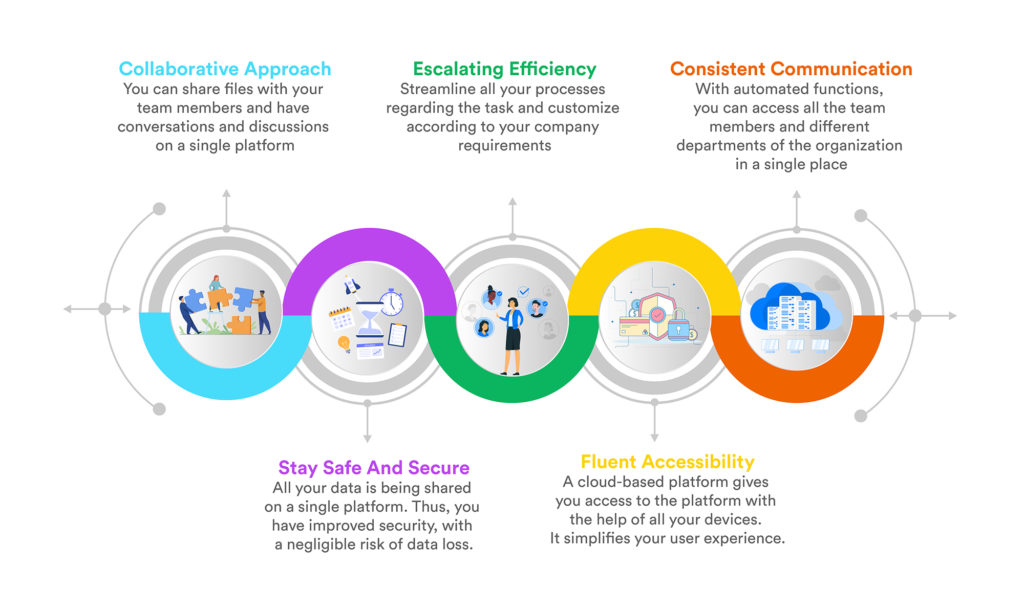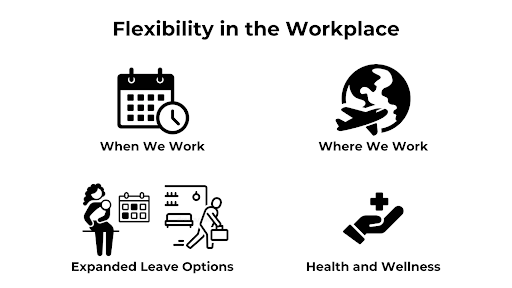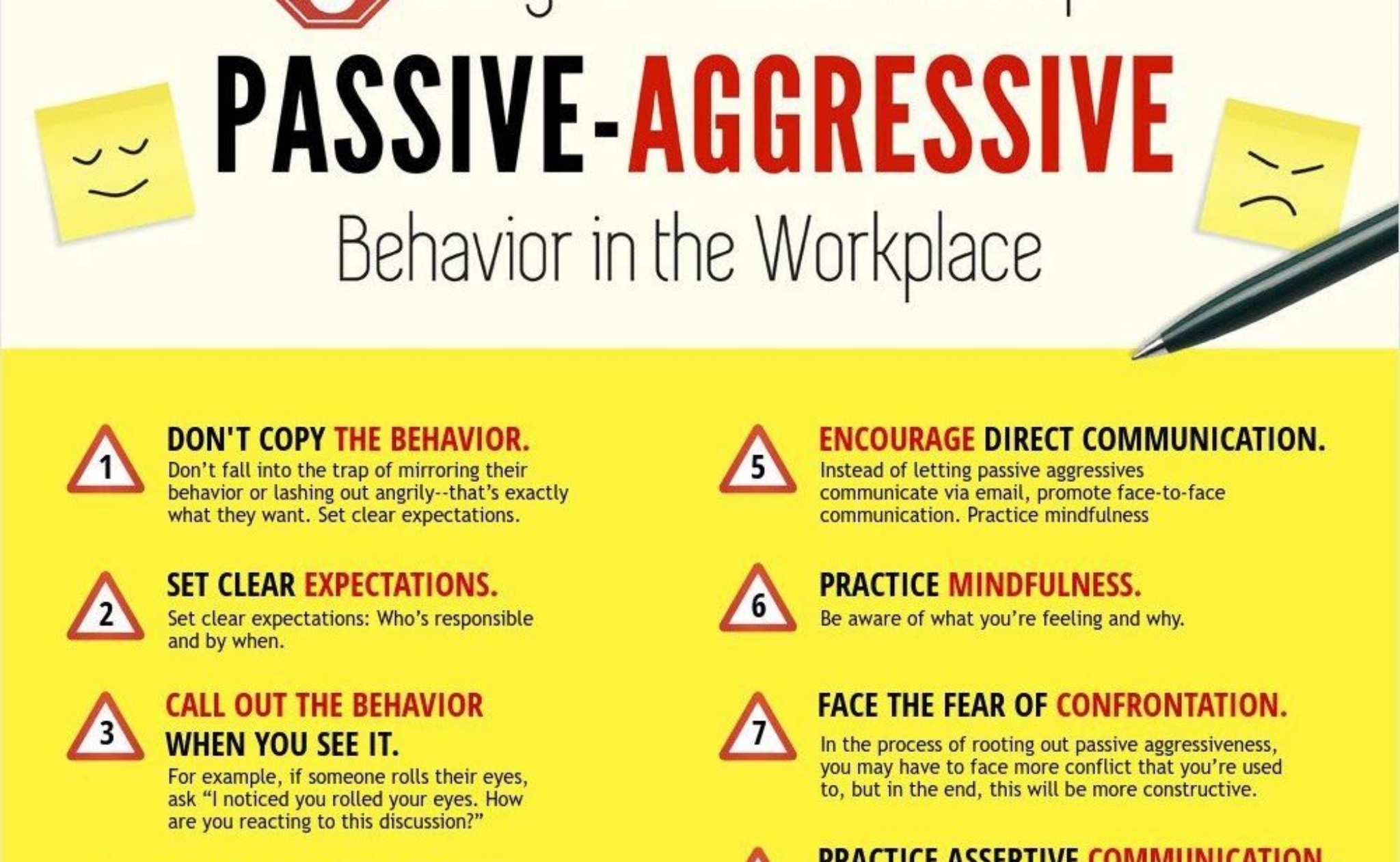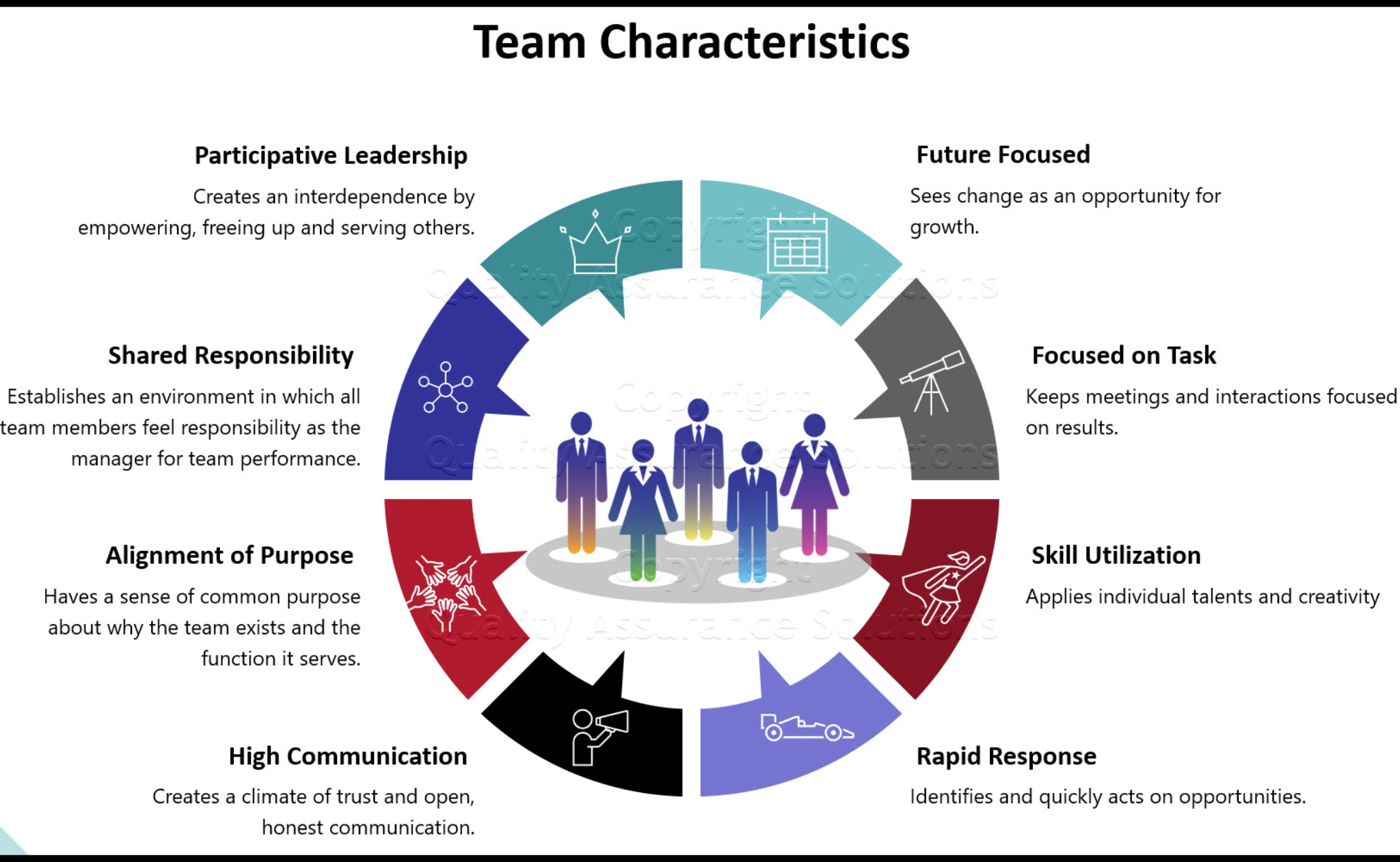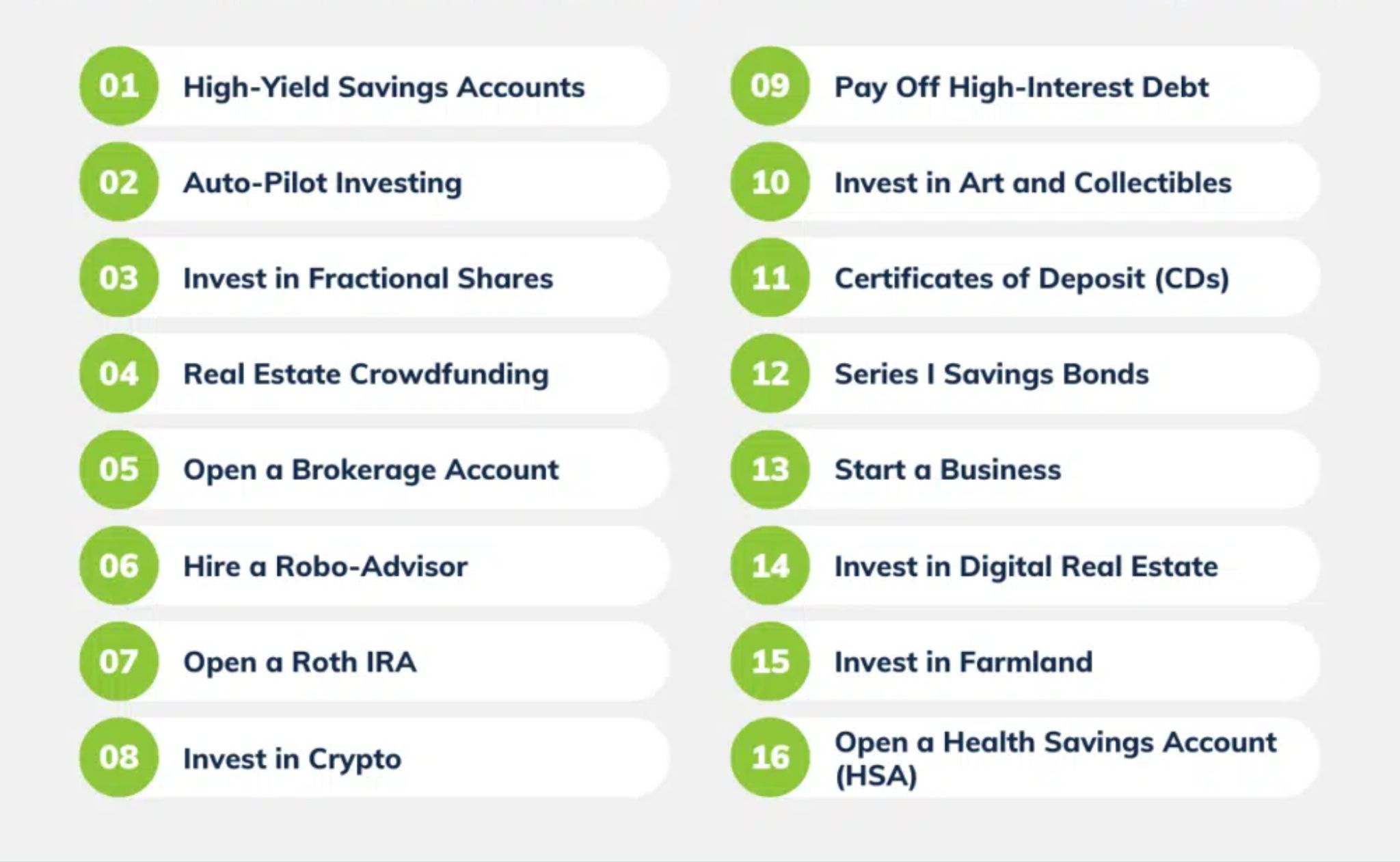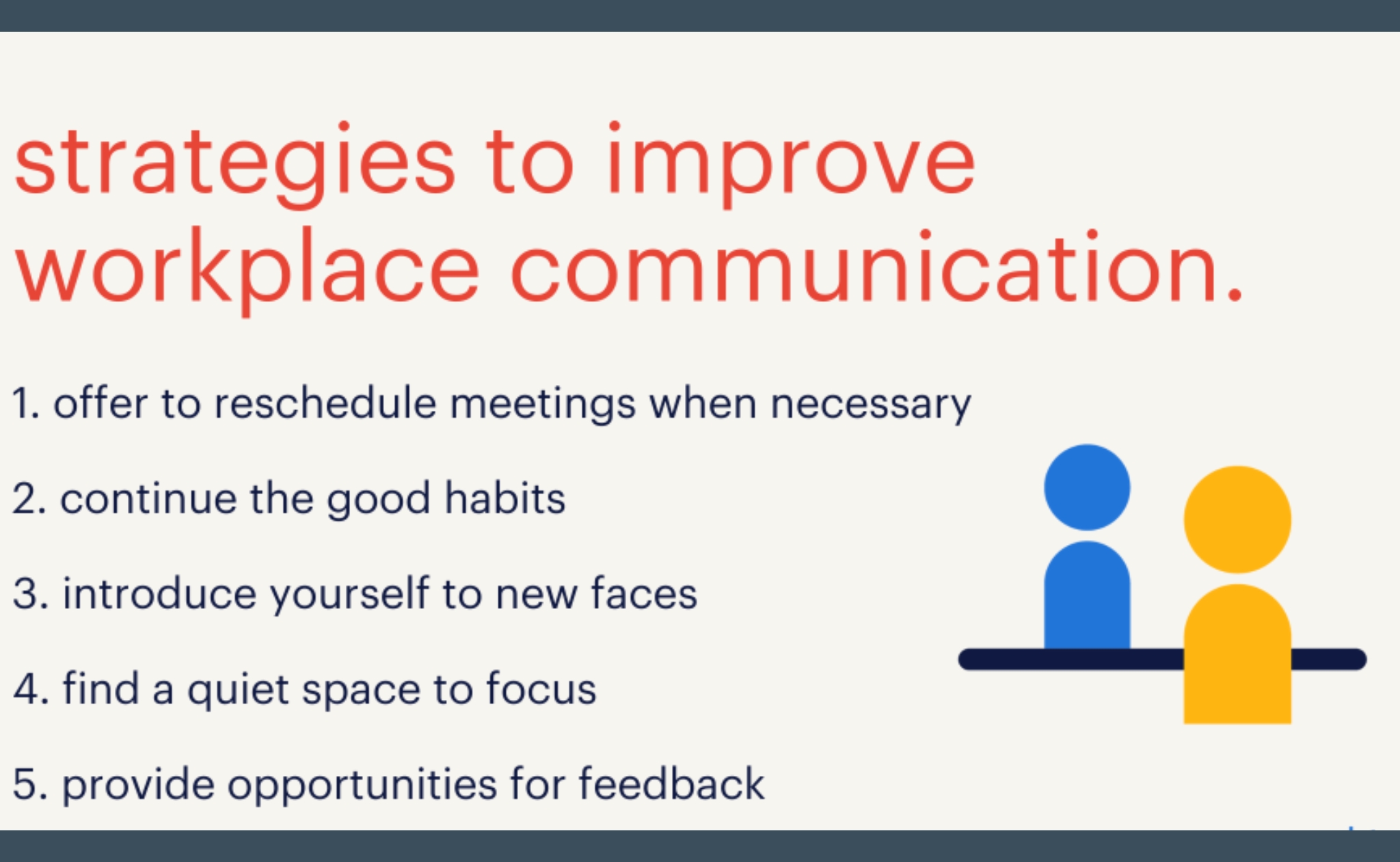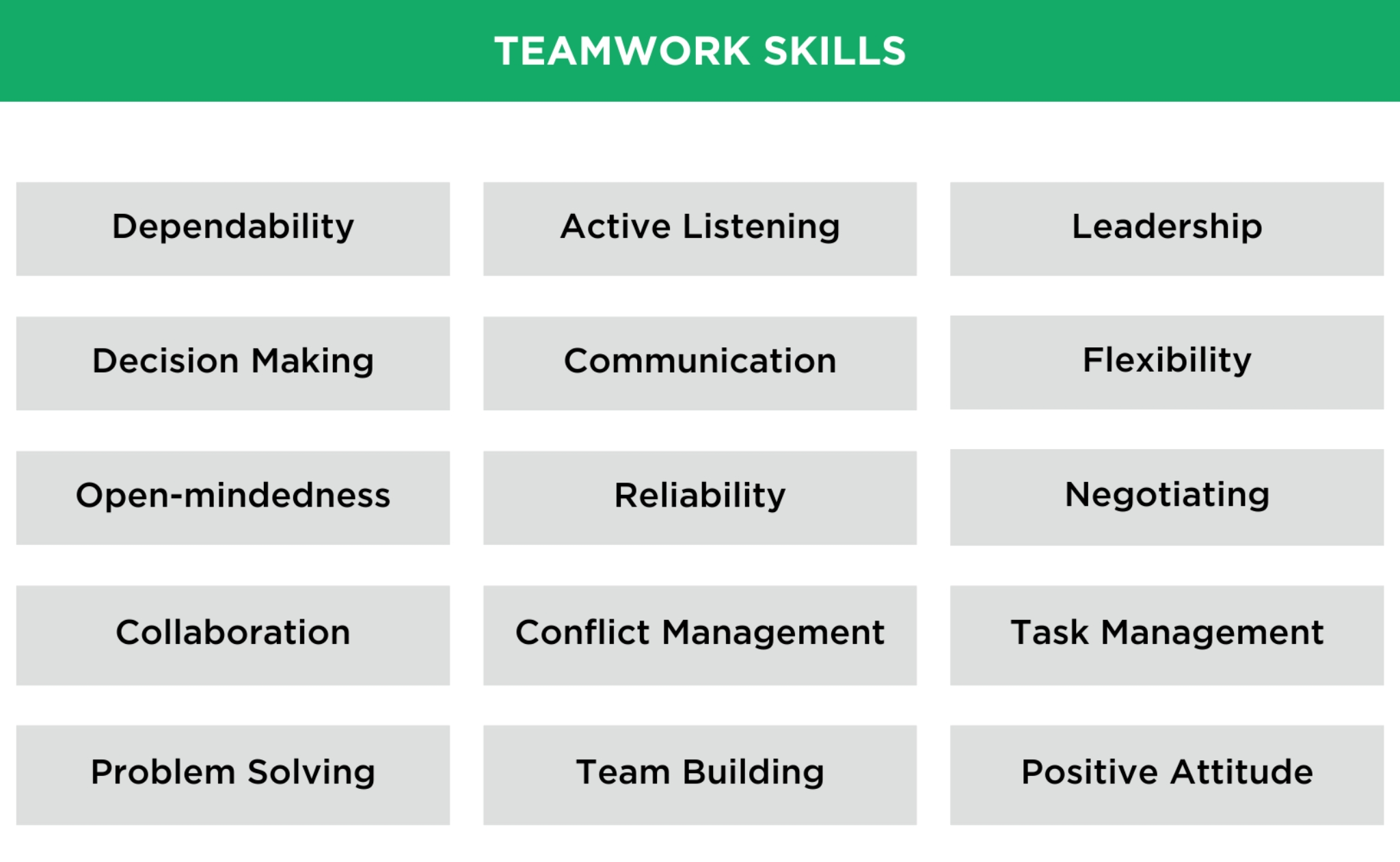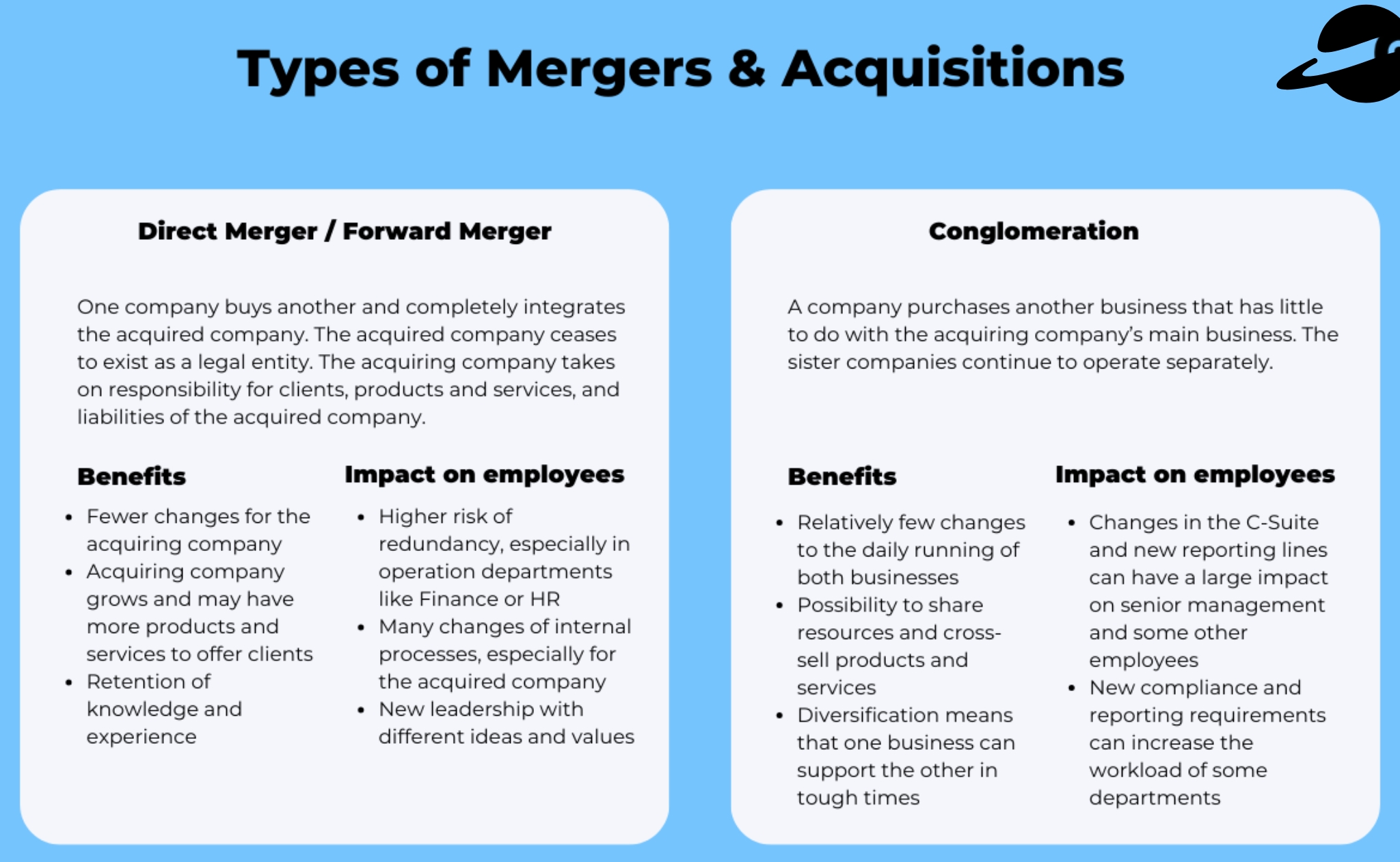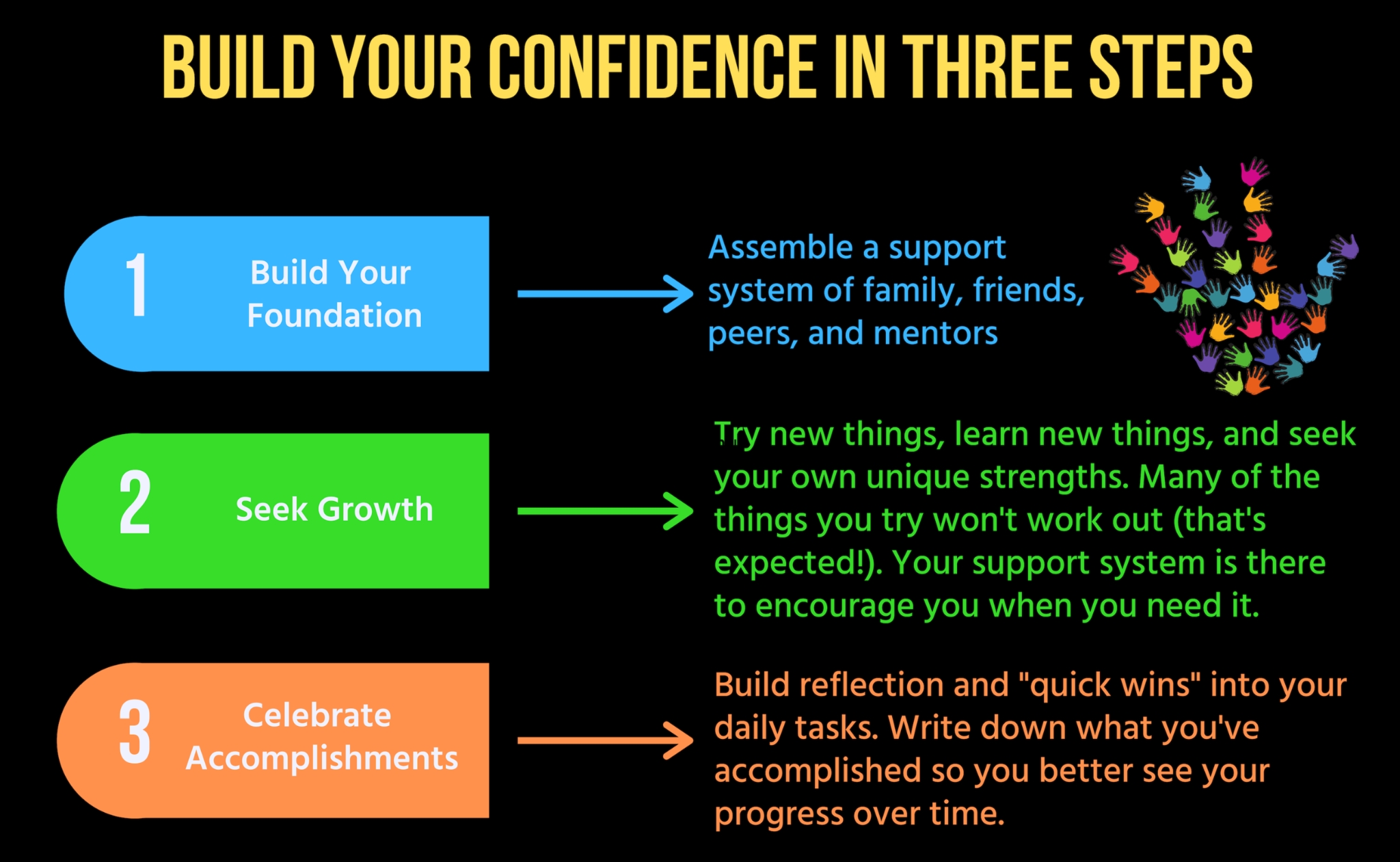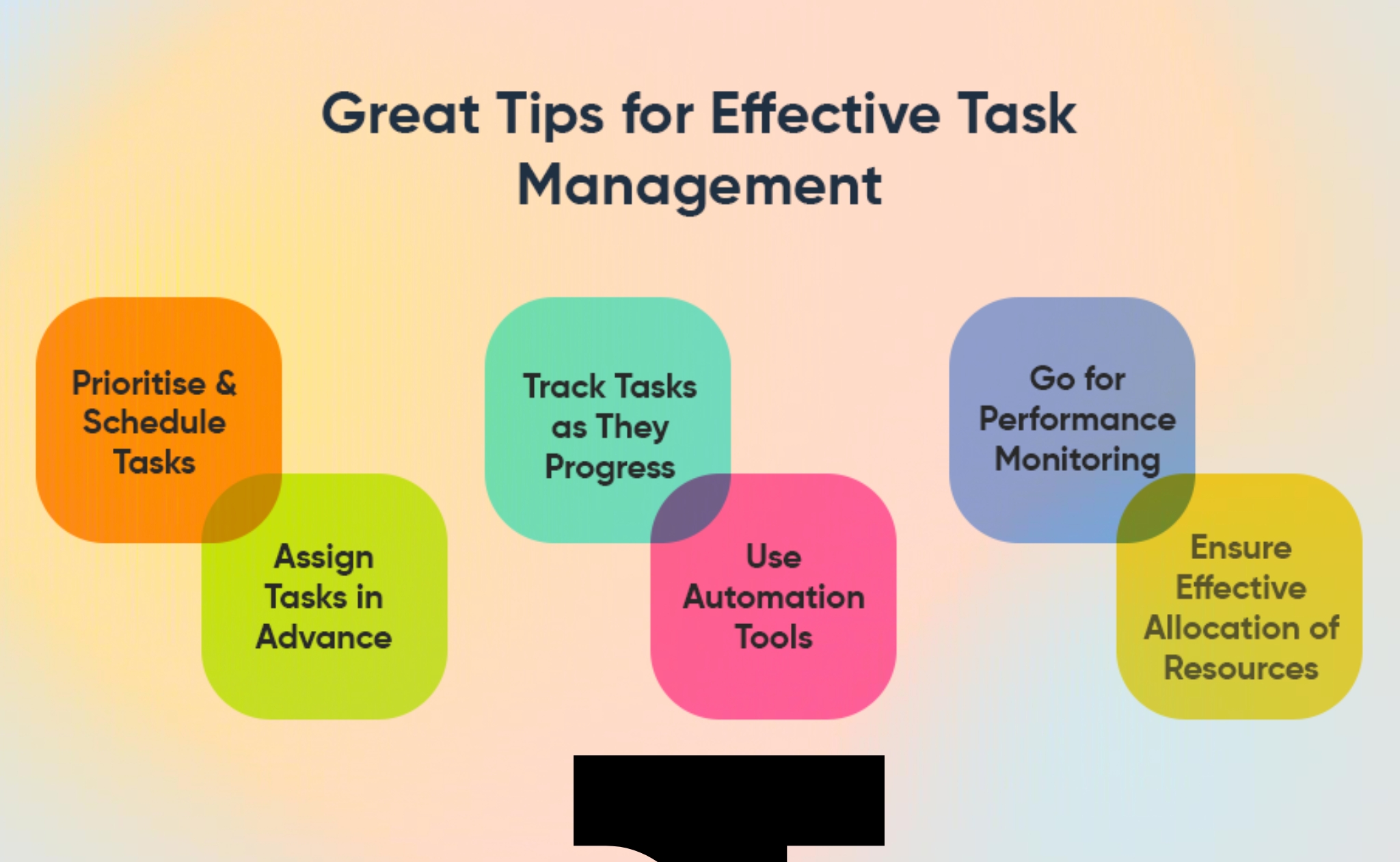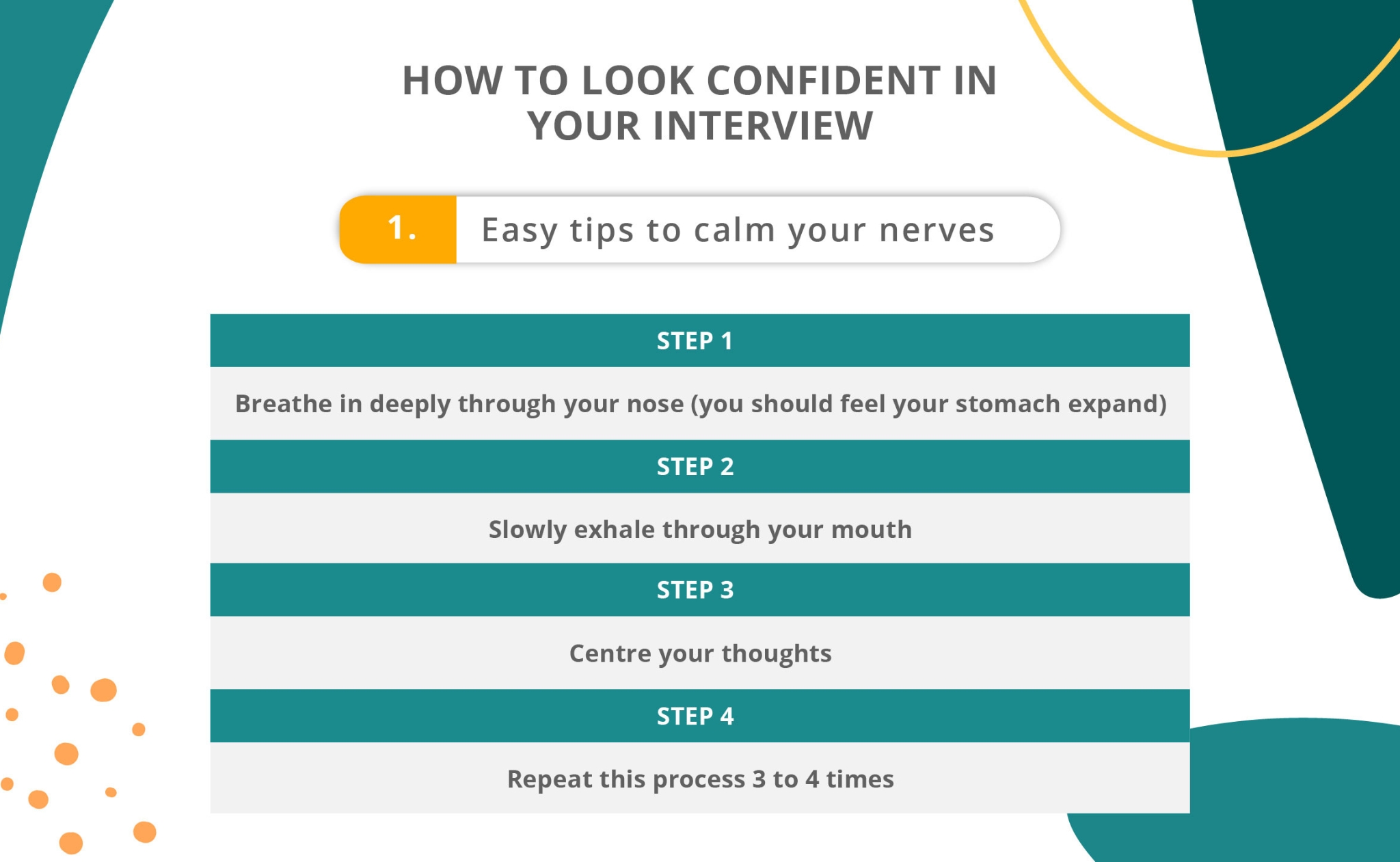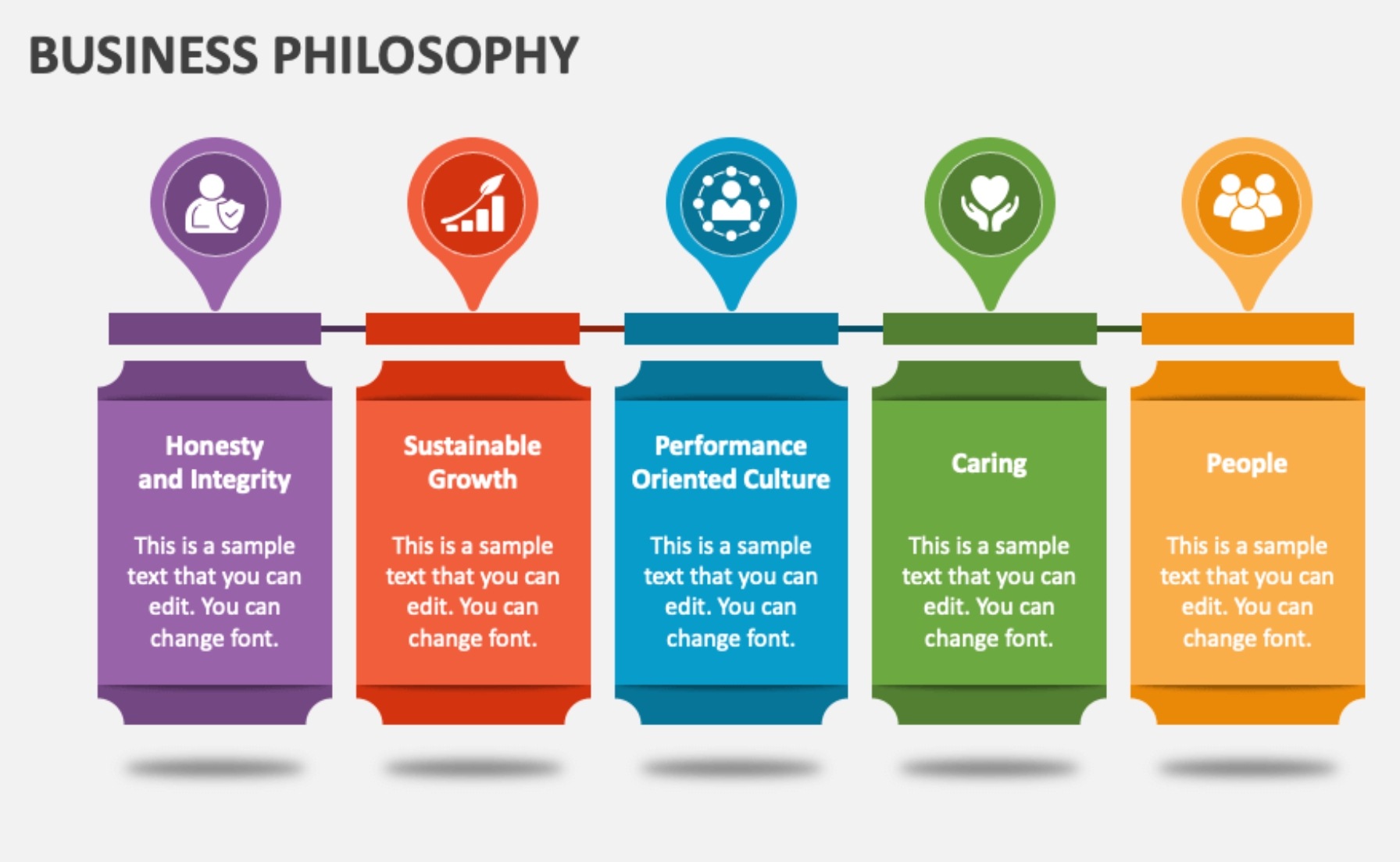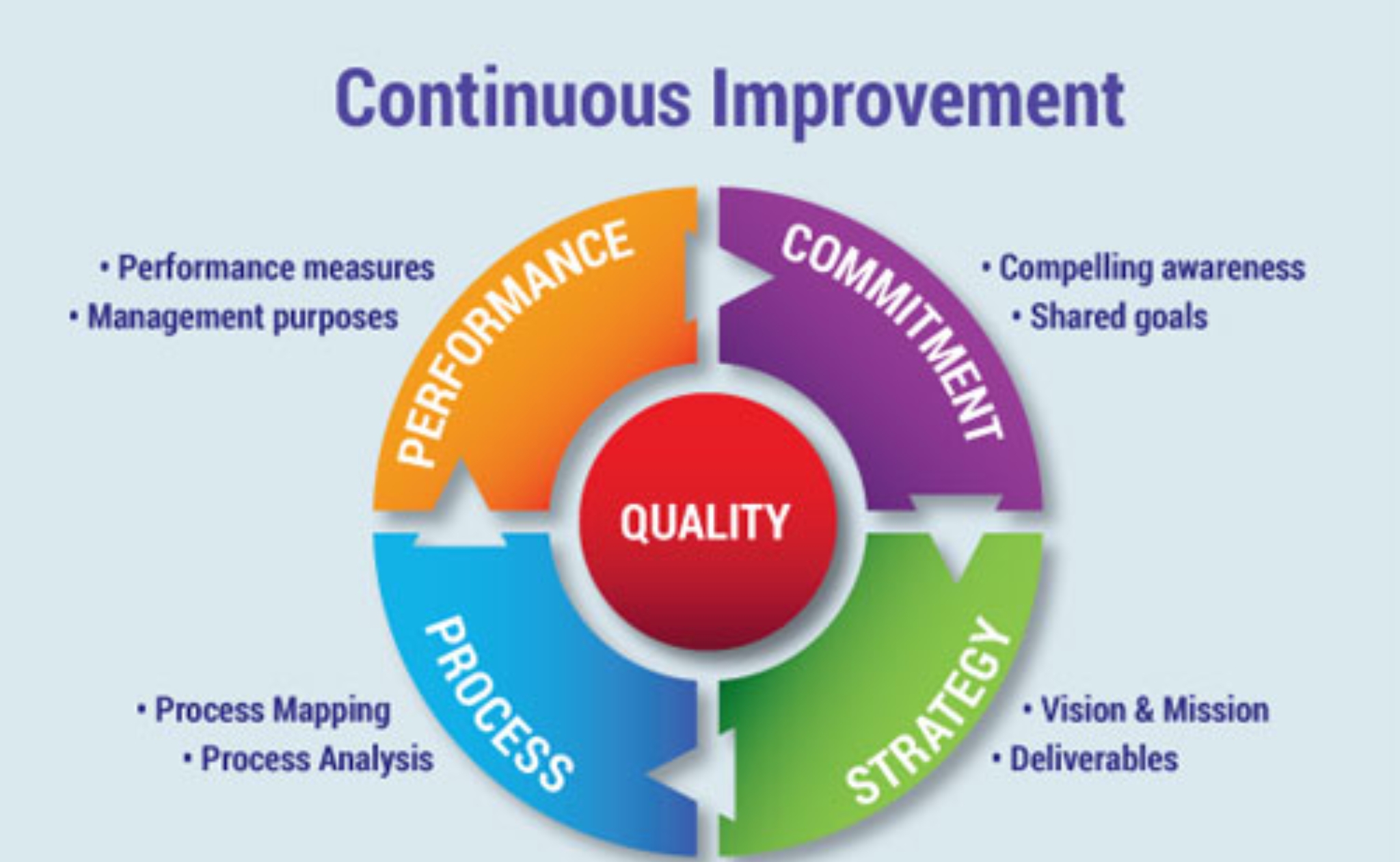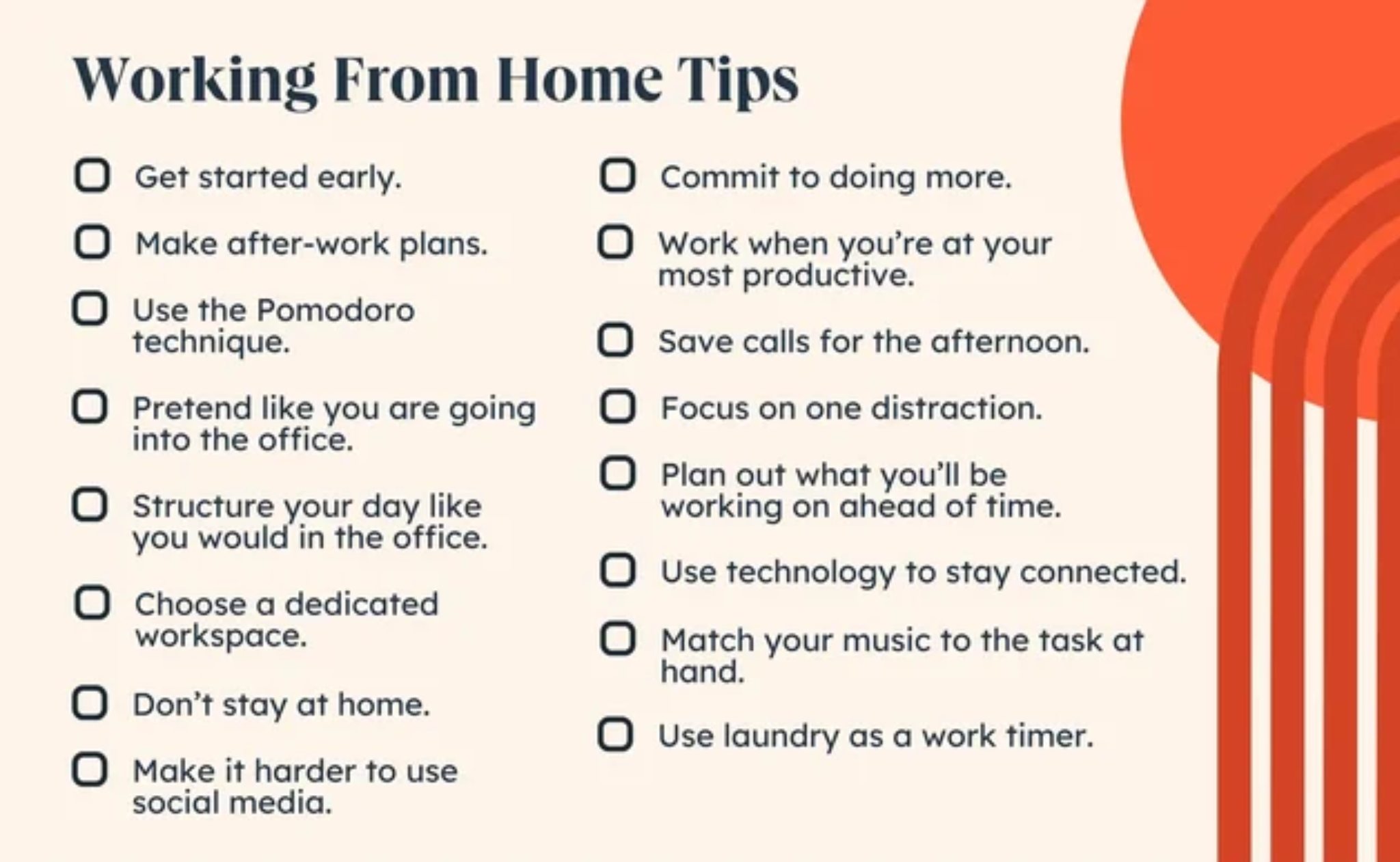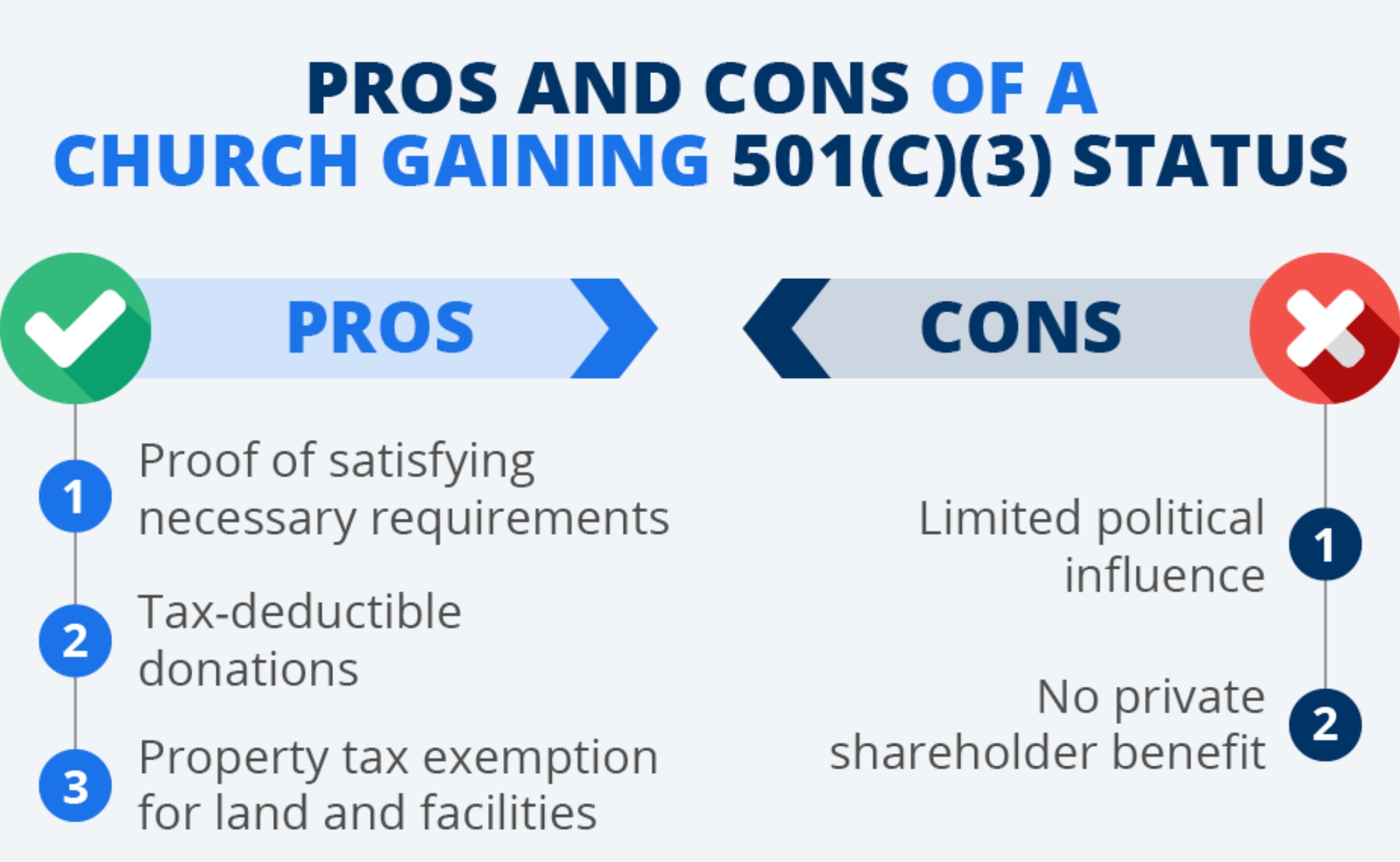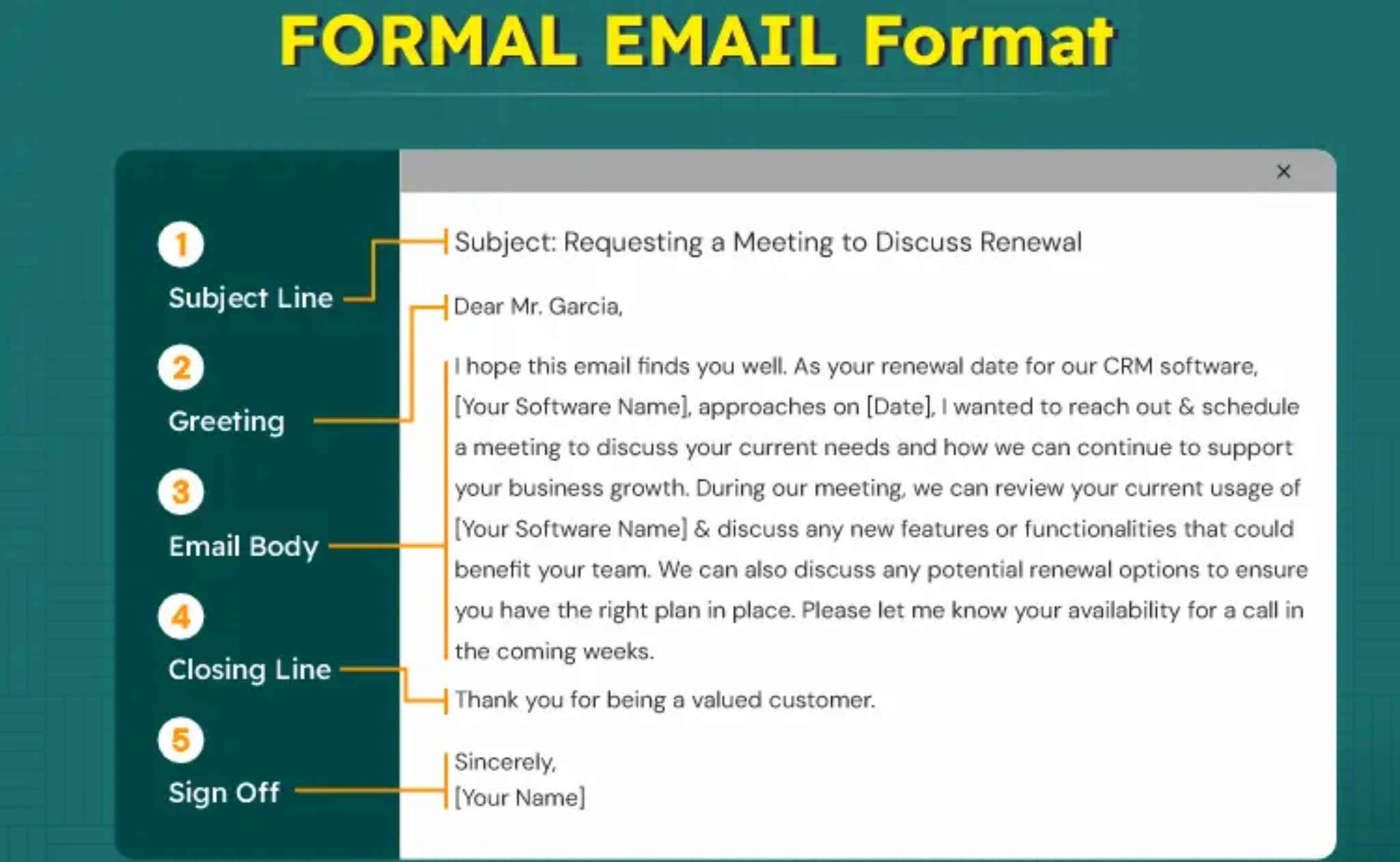Introduction
Especially if you work for a relatively large company, it can be difficult to receive individual attention from your supervisor or manager in the workplace.
And if your office doesn’t offer frequent performance reviews, it can be difficult to get an accurate sense of what your standing is within the office. That’s where we come in.
We here at The Confidence have put together a basic guide to introduce you to signs your boss respects you.
If you’ve noticed several of these taking place in your career, it’s most likely a very positive sign.
And if you haven’t noticed any of these signs, you may have to take another look at your job performance to find room for improvement.

Increased Responsibility
One of the most obvious signs that your boss does indeed respect you is repeated instances where your boss asks you to take on additional responsibilities.
That may mean asking you to lead a new project with multiple team members, or maybe they’ll ask you to stay a bit later on a Friday to help prepare for the next week.
Asking for additional responsibilities on your own is also a great idea to help advance your career, but being asked by your boss without prompting could mean that your boss recognizes your talents and abilities.
Thus, your boss trusts you to take on more responsibilities because he or she is confident that you will be able to deliver.
Performance Reviews
If your company doesn’t already have a structure that includes a performance review every few months, then go ahead and ask for one.
It may sound like a stressful experience, and you will most likely receive some constructive criticism of your work, but you’ll ultimately benefit from hearing exactly what you’re doing right and where you could improve.

Also, asking for a performance review can signal to your boss that you have high expectations for yourself and want to put effort into becoming the best employee you can possibly be.
Be conscious of how well you are doing at work, because your boss will see your efforts. Knowing where you can improve will also allow you to do some changes in the future.
Casual Conversation
Personal conversation in the workplace can be a bit of a tightrope. It can be a great way to humanize yourself in the eyes of your employer.
However, you don’t want to force casual conversation to the point where it seems uncomfortable or like a way to avoid work.
But being seen as a human being with dignity and seeing your boss the same way is an important step to establishing trust and respect.
Try asking about your boss’s hobbies or invite your boss into a conversation you’re having with some of your coworkers. If he responds well to it, it means he trusts you and is comfortable enough to take on a friendlier discussion.

Being Asked to Organize Work Events
Outside of the responsibilities of your specific job, your boss or supervisor may ask you to organize employee work events outside of the office.
Being asked to put together an office volunteering event for a local charity probably means that your boss sees you as reliable and social enough to speak with the whole office about the event beforehand.
Or maybe your boss has requested that you organize a large conference or party coming up in the next few months.
Either way, it’s most likely a good sign.
Kindness and Decency
As corny as it might sound, the Golden Rule rings true even in the workplace. If you want to be treated with respect, you should treat your boss and your coworkers with respect as well.
Even if you don’t like a specific coworker very much or you’ve had a few minor arguments in the past, treating every person in the office with kindness and courtesy will help encourage other people to be kind and courteous to you.

It’s an easy change to make, but one that can have long-term benefits for your career if you stick to it. It also just makes the office a more pleasant place to be.
Best of all, it costs nothing start being kind, except for maybe a bit of your personal pride and ego.
Occasional Promotions
Depending on your role within the company, you should expect to be promoted (or at least be given more responsibilities) once every year and a half.
There’s significant variation across different industries, and promotions can also depend largely on your coworkers, the size of the company, and the immediate needs of the company.
But if you’ve been promoted more than once during the tenure of a single boss or manager, it’s a great sign that you’re not only respected as an important member of the office but seen as being worthy of a greater level of trust.
If you haven’t received any promotions since you started with the company, make it clear to your boss that you’re looking for a higher level of responsibility in the workplace.

It could be possible that you’ve never been seriously considered for a promotion simply because you didn’t show enough initiative or interest in moving up the ranks.
If your boss says that there aren’t likely to be many opportunities for promotions in the near future, ask about similar opportunities at other company branches.
However, pursuing opportunities at other branches may also require you to relocate. It’s a drastic step, but if it’s the only way to progress within the company, it just might be worth the effort.
Wrapping Up
If you’ve tried these steps and more to determine whether you’re truly respected in the workplace, you should have a much better sense of your standing.
If you are indeed respected by your boss and coworkers, then you have a much better chance of growing along with the company and taking on more responsibility as you go along.
But if you think you’re not respected in the workplace and your coworkers seem to agree, then it may be time to make major changes to how you complete your day-to-day work.

And if your reputation is completely beyond fixing, then it may be time to update your resume and begin the long search for a new place of employment.
This can be a difficult decision to make, but if your talents are not being recognized and properly utilized by your current company, then it’s in your own best interest to find an environment where you can truly prove your worth.
Thus, it is important to know your worth so that you can transform difficult decisions into easier ones.



































































